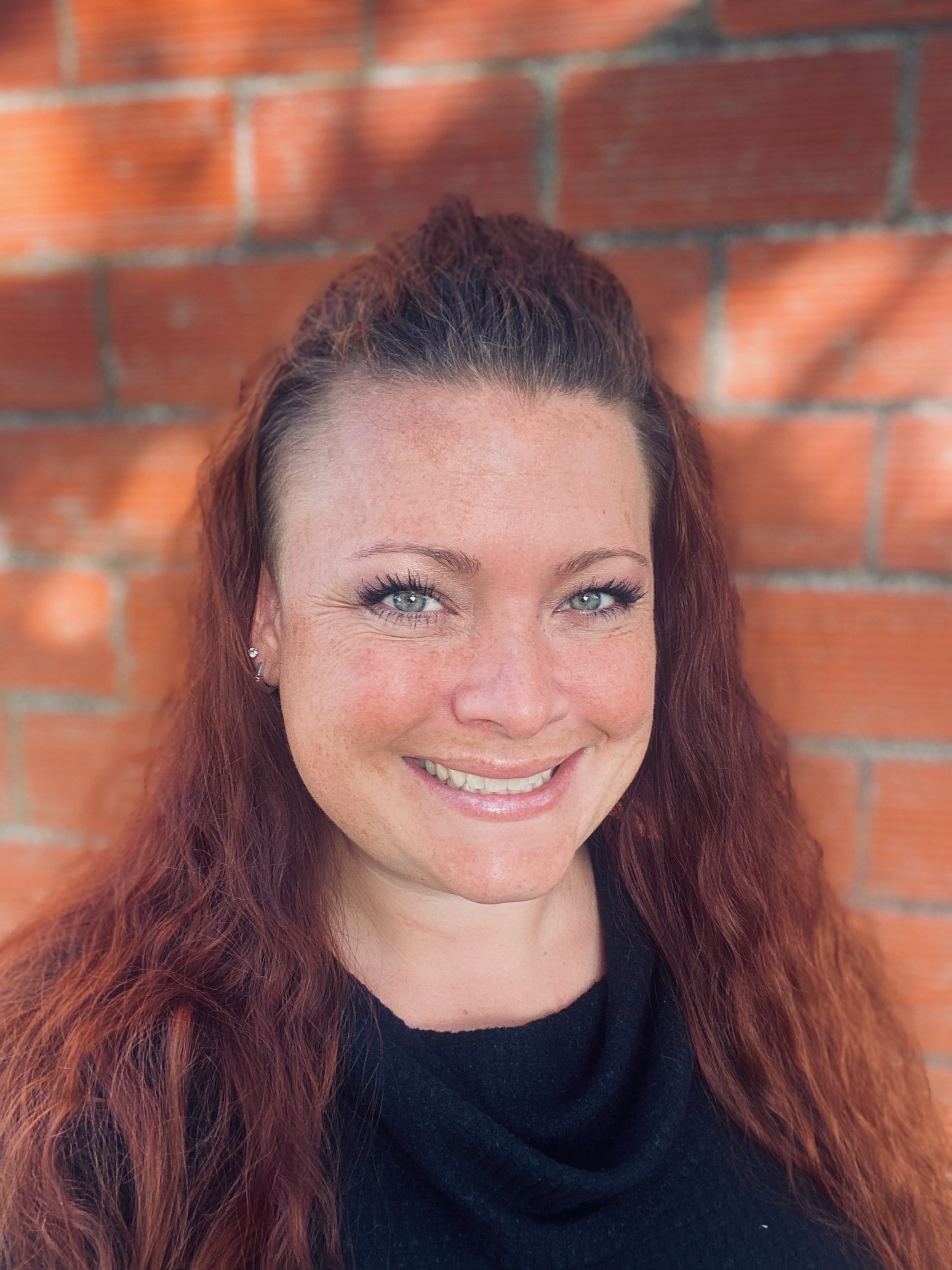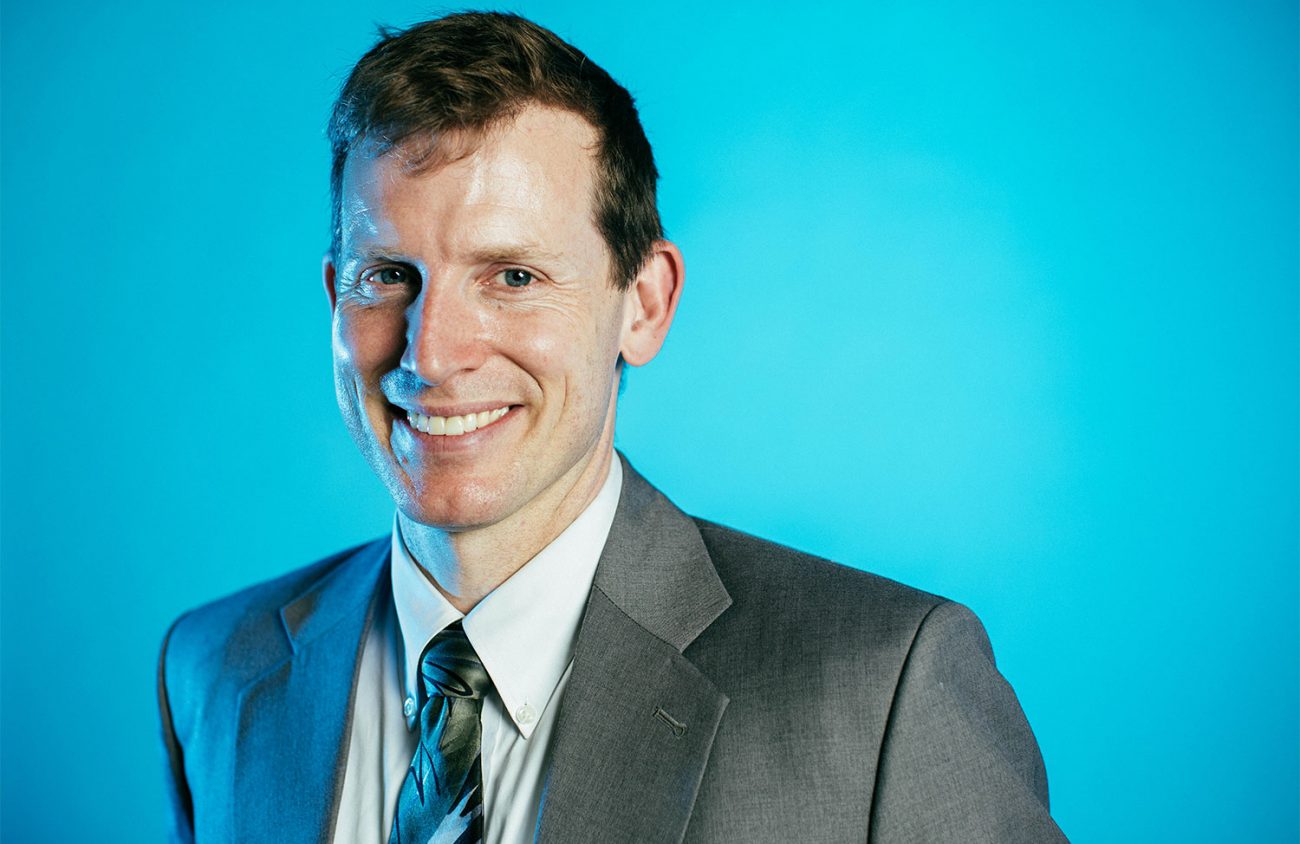With large swaths of rural land and a populous metro area, House District 11 is like a scaled down version of Oregon. The district covers parts of Lane and Linn counties and includes Eugene as well as more rural towns such as Harrisburg, Brownsville and Creswell.
State Rep. Marty Wilde is looking to win his first re-election campaign. He says he listens to the concerns of rural constituents and has brought funding to them. If elected for a second term, he says his legislative priorities are COVID-19 recovery and a long-term vision of securing more funding for higher education and career training.
The Republican challenger, Katie Boshart Glaser, is running because she says Wilde is disconnected from the rural areas of the district. She says if elected she would press for more mental health resources and fight legislation like a vaccination bill Wilde sponsored.
Nominated by the Working Families, Democratic and Independent parties, Wilde says he’s not disconnected from rural constituents. He says he’s held 30 town halls while in office, and five of those were in Eugene. And rural folks want the same thing as urban voters: education, health care and housing.
He says Central Linn School District is building a new middle school because he was able to find funding for it. And the tax revenue from the Student Success Act is helping the school district, too, which is impacted by high rates of parents opting their children out of public schools.
Wilde says he also helped Halsey with economic development money. He says he sponsored legislation to secure about $10 million in wetland mitigation for the city to clean up a 100-acre site to attract a potential employer.
“I’ve been a zealous fighter for my rural constituents’ getting their share of federal relief,” Wilde says, pointing to assisting Sharing Hands of Brownsville get federal money for its food bank.
Much of Wilde’s first term dealt with House Bill 2020, a cap and trade bill. Critics said it would kill the rural economy, but Wilde says the cap and trade bill would have created 50,000 new jobs, many of them in rural areas.
And he says had Republicans not walked out of the legislative session earlier this year, lawmakers would have passed funding for Northwest Youth Corps, which does work on fuel loads to reduce wildfire risks and is based in House District 11.
Since January, Wilde has raised about $132,244, according to OreStar. The average contribution is $344, and some of the biggest contributions come from political action coalitions like $2,500 from Citizen Action for Political Education and Oregon Realtors PAC.

Glaser worked as a legislative aide during the 2019 legislative session for her sister, Rep. Shelly Boshart Davis, who represents Albany, Tangent and Millersburg. That experience is what Glaser says inspired her to run for the Legislature, but she has no experience in elected office. If elected, Glaser says she would make history because it would be the first time that two sisters would serve in the same legislative chamber in any U.S. state.
Glaser has raised $110,377. The average contribution is $777, and she has received money from Republican legislators — $10,000 from Rep. David Brock Smith of Port Orford, $7,000 from her sister and $5,000 from Rep. Bill Post of Keizer.
Glaser calls herself a “moderate Republican” modeled after Democrat Sen. Betsy Johnson of Scappoose. She says she wants to legislate by working across the aisle and that Wilde hasn’t done that.
Although her website says legislators can’t just throw money to the K-12 system to fix problems, when talking with Eugene Weekly, she says education is a complicated issue. “Every year, there’s never enough money. It’s hard to say what needs to be done, but bottom line we need to make sure our kids can get enough funding.” She says although she supports higher education, she would want to put more of a focus on trade schools.
Glaser says she believes in climate science and that humans contributed to climate change, but she didn’t agree with HB 2020. She says she would instead like to see incentives on encouraging climate action, not a cap and trade tax.
Glaser says she disagrees with the bill Wilde sponsored that would make the state take a tougher stance on vaccinations. She says she doesn’t have a problem with vaccines, but the bill is a freedom issue. “It worries me that the government is making the decision. That bill was written in a way that doesn’t give much wiggle room,” she says of HB 3063.
But Wilde disagrees with Glaser’s assessment.
“Let’s make it clear: It was not a mandatory vaccination,” Wilde says. “My attitude is that your right to medical freedom ends when you put other people at risk.”
He adds that the bill wasn’t about forcing vaccinations, but because Oregon has a large number of schools below herd immunity levels. Having unvaccinated children in public schools puts immune-compromised students who can’t get vaccines at risk, he adds.
To bring back Republicans from the 2019 walkout, Democrats killed HB 3063 and a gun control bill.
Unless Oregon has an unexpected Republican takeover of the Legislature, the Democrats will again be in the majority. Glaser says the role of the majority party is to listen to the minority, but she won’t say whether she would participate in another walkout in the future or whether she would have joined Republicans earlier this year had she been in office instead of Wilde. “I wasn’t in the room,” she says, adding that she doesn’t know what led Republicans to walk out earlier this year.
If Glaser is elected, she says she will want to tackle the state’s mental health problem. “It’s something we can’t ignore anymore,” she says. “We need to do better. That’s something I would really push for.”
If elected for a second term, Wilde says his legislative focus would be on recovering from COVID-19 and a long-term focus on higher education.
Wilde says need-based financial aid is needed. Nearly two out of three students at public four-year schools didn’t have enough financial aid, he says. For community college students, 43 percent of students couldn’t pay college fees. “We’re not making college and career training available as it should be for everyone,” he says.
He says his highest priority right now is hospital capacity as flu season starts, because that means more demand for intensive care unit beds. “We’re above 80 percent on ICU beds and hospital beds,” he says. “When you really start having problems is when you run out of beds.”
A Note From the Publisher

Dear Readers,
The last two years have been some of the hardest in Eugene Weekly’s 43 years. There were moments when keeping the paper alive felt uncertain. And yet, here we are — still publishing, still investigating, still showing up every week.
That’s because of you!
Not just because of financial support (though that matters enormously), but because of the emails, notes, conversations, encouragement and ideas you shared along the way. You reminded us why this paper exists and who it’s for.
Listening to readers has always been at the heart of Eugene Weekly. This year, that meant launching our popular weekly Activist Alert column, after many of you told us there was no single, reliable place to find information about rallies, meetings and ways to get involved. You asked. We responded.
We’ve also continued to deepen the coverage that sets Eugene Weekly apart, including our in-depth reporting on local real estate development through Bricks & Mortar — digging into what’s being built, who’s behind it and how those decisions shape our community.
And, of course, we’ve continued to bring you the stories and features many of you depend on: investigations and local government reporting, arts and culture coverage, sudoku and crossword puzzles, Savage Love, and our extensive community events calendar. We feature award-winning stories by University of Oregon student reporters getting real world journalism experience. All free. In print and online.
None of this happens by accident. It happens because readers step up and say: this matters.
As we head into a new year, please consider supporting Eugene Weekly if you’re able. Every dollar helps keep us digging, questioning, celebrating — and yes, occasionally annoying exactly the right people. We consider that a public service.
Thank you for standing with us!

Publisher
Eugene Weekly
P.S. If you’d like to talk about supporting EW, I’d love to hear from you!
jody@eugeneweekly.com
(541) 484-0519
